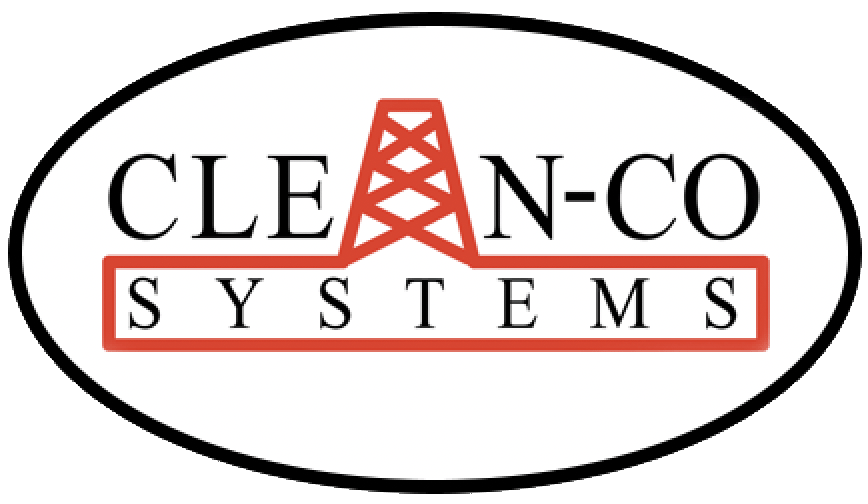High-Flow Oil-Free Compressor Drying up to -60 Degree Dewpoint
In the industrial world, high-flow oil-free compressors have emerged as a cutting-edge technology, offering exceptional air quality and efficiency across a wide range of applications. These sophisticated machines are designed to deliver large volumes of clean, contaminant-free air, making them indispensable in industries where air purity is paramount.
Oil-Free Technology
At the heart of this technology lies a simple and powerful concept: the elimination of oil from the compression process. Traditional compressors rely on oil for lubrication, cooling, and sealing. However, this introduces the risk of oil contamination in the compressed air output. Oil-free compressors, by contrast, utilize advanced materials and designs that require no oil in the compression chamber.
This approach allows oil-free compressors to produce air with unmatched purity, achieving dewpoints as low as -60°F (-51°C). Such low dewpoints ensure that the compressed air remains free of oil particles, water vapor, and other contaminants that could compromise product quality or process integrity.
Applications Across Industries
The versatility of this type of compressors makes them invaluable across many different industries Listed are the top ones:
- Chemical and Pharmaceutical: In these sectors, air purity is critical for maintaining product quality and safety. Oil-free compressors are used for cleaning tanks, heat exchangers, process lines, and reactors, ensuring that no oil contamination occurs during production or processing.
- Food and Beverage: Where even the slightest contamination can compromise food safety, oil-free air is essential for packaging, bottling, and processing operations.
- Electronics: The manufacture of sensitive electronic components demands ultra-clean air to prevent microscopic contaminants from interfering with production.
- Automotive: From paint spraying to assembly line operations, oil-free air helps maintain quality and efficiency in automotive manufacturing.
- Oil and Gas: In LNG plants and other facilities, oil-free compressors play a critical role in various processes, ensuring safety and product purity.
- Textile: Clean air is vital for spinning, weaving, and dyeing processes in textile manufacturing.
- PET Bottle Blowing: The production of food-grade plastic containers relies heavily on oil-free air to maintain hygiene standards.
Key Benefits of Oil-Free Compressors:
- Uncompromised Air Quality: By eliminating oil from the compression process, these compressors deliver air that meets the most stringent purity standards.
- Reduced Contamination Risk: The absence of oil significantly reduces the risk of product contamination, making these compressors ideal for sensitive applications.
- Lower Maintenance Costs: With fewer moving parts and no oil to change, oil-free compressors often have lower long-term maintenance requirements.
- Energy Efficiency: Many high-flow oil-free compressors are designed with energy efficiency in mind, potentially reducing operational costs.
- Versatility: Their portable nature allows for flexible deployment across various locations within a facility or between different sites.
- Regulatory Compliance: In industries with strict air quality regulations, oil-free compressors help ensure compliance with minimal additional filtration.
Applications
High-flow oil-free compressors prove particularly valuable during industrial plant shutdowns and startups. During these critical periods, it often requires large volumes of clean air for purging systems, pressure testing, and initiating processes. The ability to quickly deploy portable, high-capacity oil-free compressors can significantly reduce downtime and ensure a smooth transition back to full operation.
In the chemical industry, these compressors are important for applications requiring ultra-clean air, such as oxygen service preparation. Oil-free air in cleaning and preparation processes ensures that no hydrocarbon contamination occurs, which is crucial for safety in oxygen-rich environments.
Technological Advancements
Recent advancements in material science and engineering have enhanced the capabilities of high-flow oil-free compressors, like bearing technology, cooling systems, and compression element design. This progress has led to increased reliability, higher flow rates, and improved energy efficiency. Some modern oil-free compressors incorporate smart technologies allowing real-time monitoring and predictive maintenance. These features can help optimize performance, reduce downtime, and extend the operational life of the equipment.
Our 1600 CFM Oil-Free compressor and Dryer (pictured above) at the Bechtel construction site (Cheniere Plant, Texas) drying 48-inch natural gas lines down to a -22 degree Dewpoint using oil-free compressed air.
Environmental Considerations
The use of oil-free compressors aligns with growing environmental concerns and sustainability initiatives. By eliminating the need for oil in the compression process, these machines reduce the risk of oil leaks and spills, which can have detrimental environmental impacts. Additionally, the absence of oil waste from the compression process simplifies disposal and recycling procedures, contributing to a more environmentally friendly operation.
Final Thoughts
High-flow oil-free compressors represent a significant advancement in compressed air technology. Their ability to deliver large volumes of ultra-clean air makes them indispensable in industries where air quality is critical. As technology continues to evolve, these compressors are likely to play an increasingly important role in ensuring product quality, process efficiency, and environmental sustainability across a wide range of industrial applications.
- Tag(s): cleaning compressor

